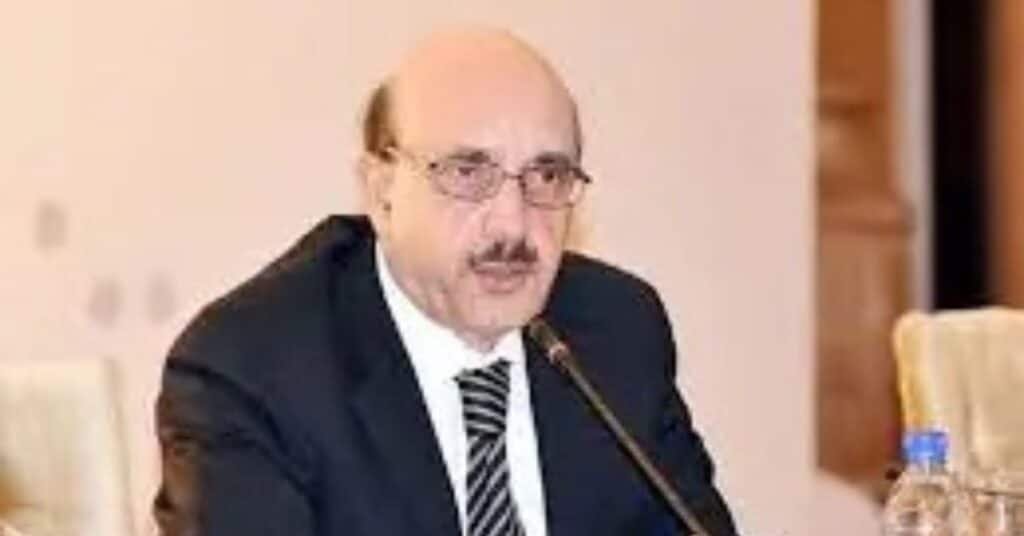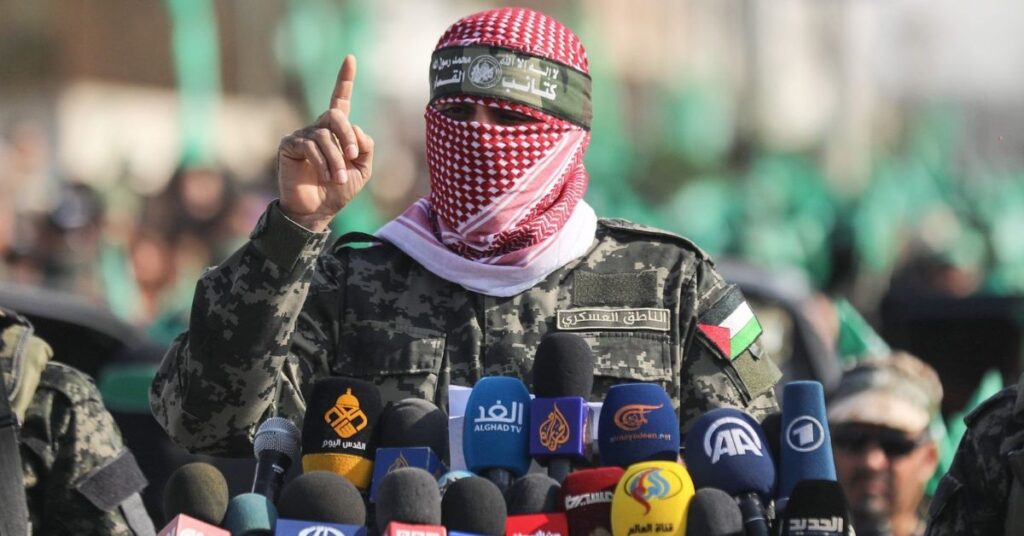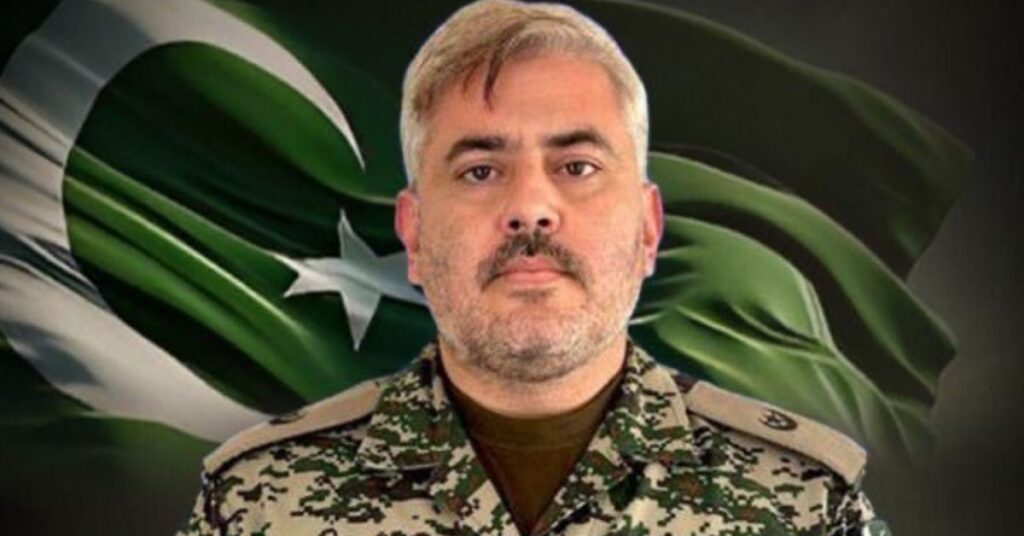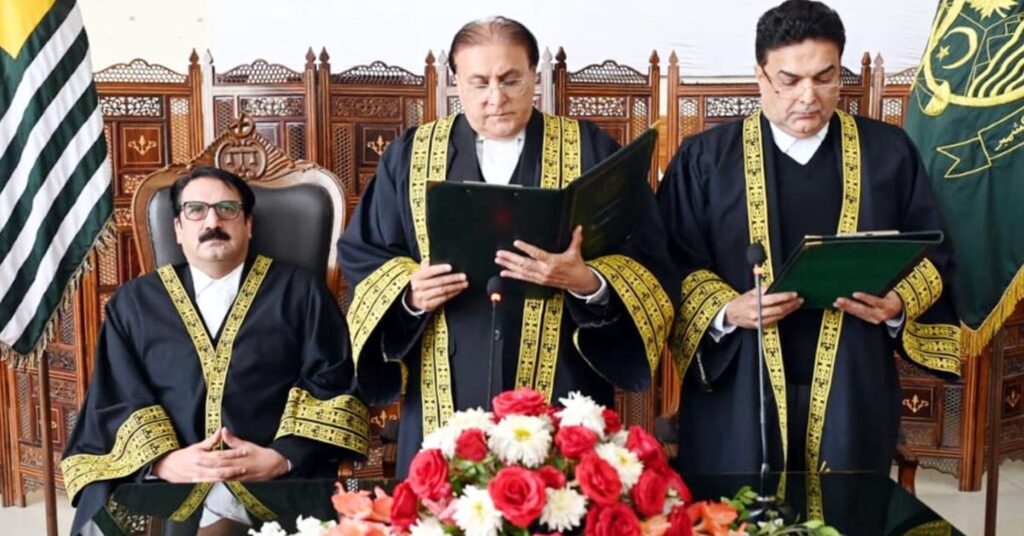ISLAMABAD (Kashmir English): Pakistan’s diplomacy must evolve with realism and historical clarity, but without compromising on the core interests, said Sardar Masood Khan, former President of Azad Jammu and Kashmir and Pakistan’s former envoy to the United States, China, and the United Nations.
Speaking in an exclusive interview, Ambassador Khan shared rare insights from decades of service in global diplomacy, Pakistan’s foreign policy evolution, and the enduring struggle for Kashmir.
In a candid conversation, Ambassador Khan reflected on his interactions with a wide range of Pakistan’s foreign ministers—from Sahibzada Yaqub Khan and Agha Shahi to Khurshid Kasuri and Hina Rabbani Khar—describing their strengths and contributions.
“Each era presented different challenges. No comparison is absolute. For example, the leadership during Ayub Khan’s or Bhutto’s time cannot be measured against the very different global dynamics of the 1980s or today,” he noted.
Touching on the evolution of diplomacy, he remarked that the very structure and practice of international relations has undergone a transformation. “We’ve moved from an era of secret telegrams and coded faxes to real-time, high-stakes digital diplomacy. Embassies are no longer just secluded outposts—they are in the public eye, responding instantly to world events through social and digital platforms.”
Kashmir dispute and Pakistan’s foreign policy
Ambassador Khan also addressed the centrality of the Kashmir dispute in Pakistan’s foreign policy, highlighting how global attention to the issue has fluctuated over the years.
“There was a sharp dip in visibility after 2019, when India took unilateral measures to alter the status of Occupied Jammu and Kashmir. But in recent months, President Trump has revived the issue on the international agenda—despite India’s discomfort.”
He warned against India’s classic playbook of moving from bilateralism to unilateralism and then erasing the issue from global platforms.
“India consistently insists on bilateralism, only to later renege on commitments and dissolve the dialogue. This cycle has failed. The world is witnessing it,” he asserted.
Khan emphasized that Pakistan must avoid falling into the bilateralism trap again and should leverage the current window of opportunity presented by shifting global alignments.
“With doubts emerging in Washington about India’s duplicity—especially its economic and defence ties with Russia and China—Pakistan’s strategic value is being reassessed positively.”
Discussing past diplomatic breakthroughs, Khan spoke about the various missed opportunities for resolution of the Kashmir conflict, including the Musharraf-Manmohan Singh backchannel talks.
“The formula was well-intentioned, but flawed and impractical. Any durable solution must include the voices of the Kashmiri people and align with Pakistan’s core interests.”
Reflecting on the historical arc of Pakistan’s diplomacy, Ambassador Khan highlighted the achievements of the 1950s, when Pakistan played a central role in shaping the Kashmir narrative at the United Nations.
“The leaders of that era—like Chaudhry Muhammad Ali and Feroz Khan Noon—despite representing a fragile state carved out a global space for Pakistan that has been difficult to reclaim and replicate.”
He concluded with a call for diplomatic realism and national unity. “We must not view foreign policy through partisan lenses. What matters is seizing opportunities that strengthen Pakistan economically and strategically. The time to act is now.”
Ambassador Masood Khan’s remarks come at a crucial time as global geopolitics shift and Pakistan finds renewed opportunities to assert its diplomatic voice.




